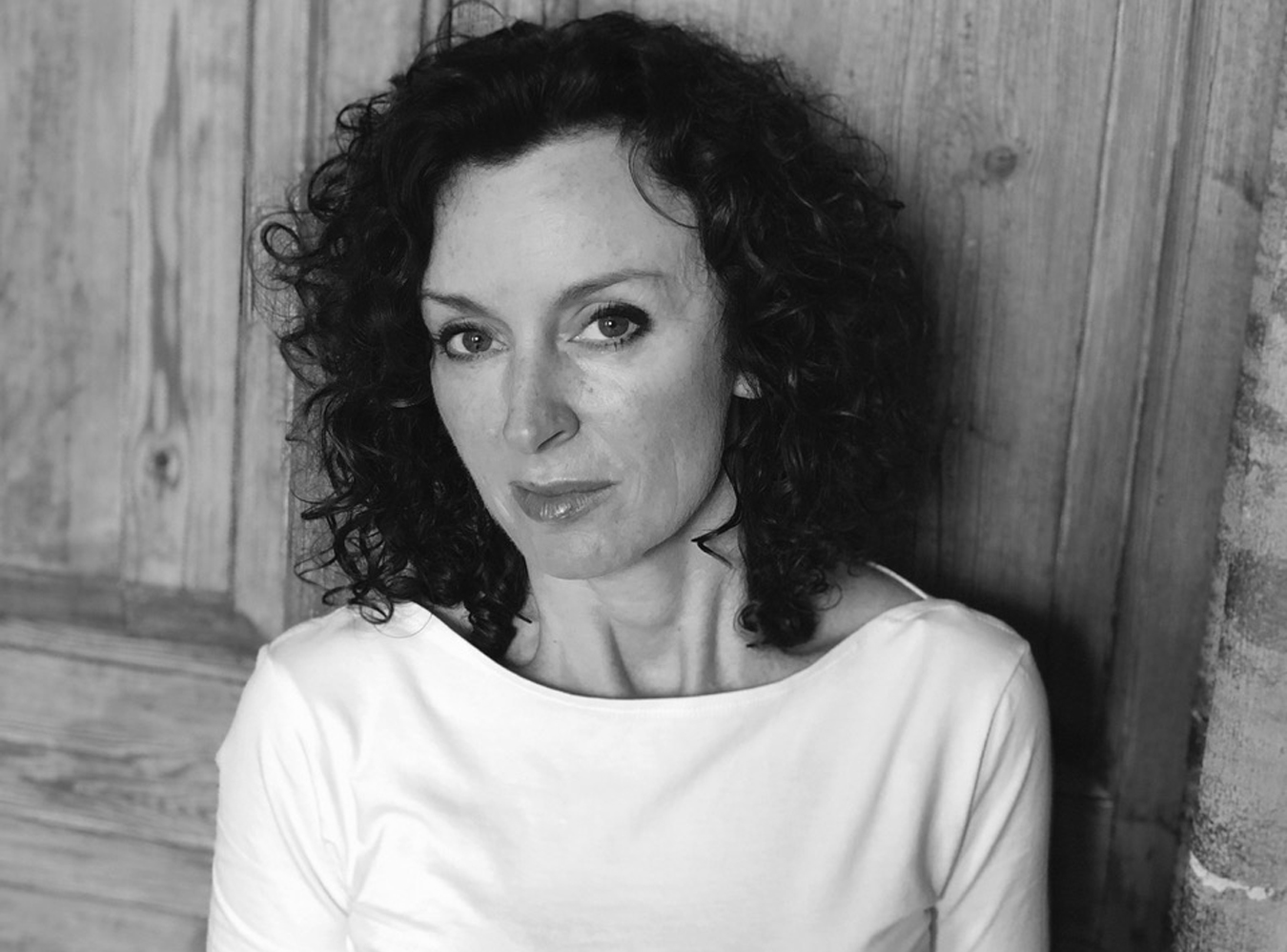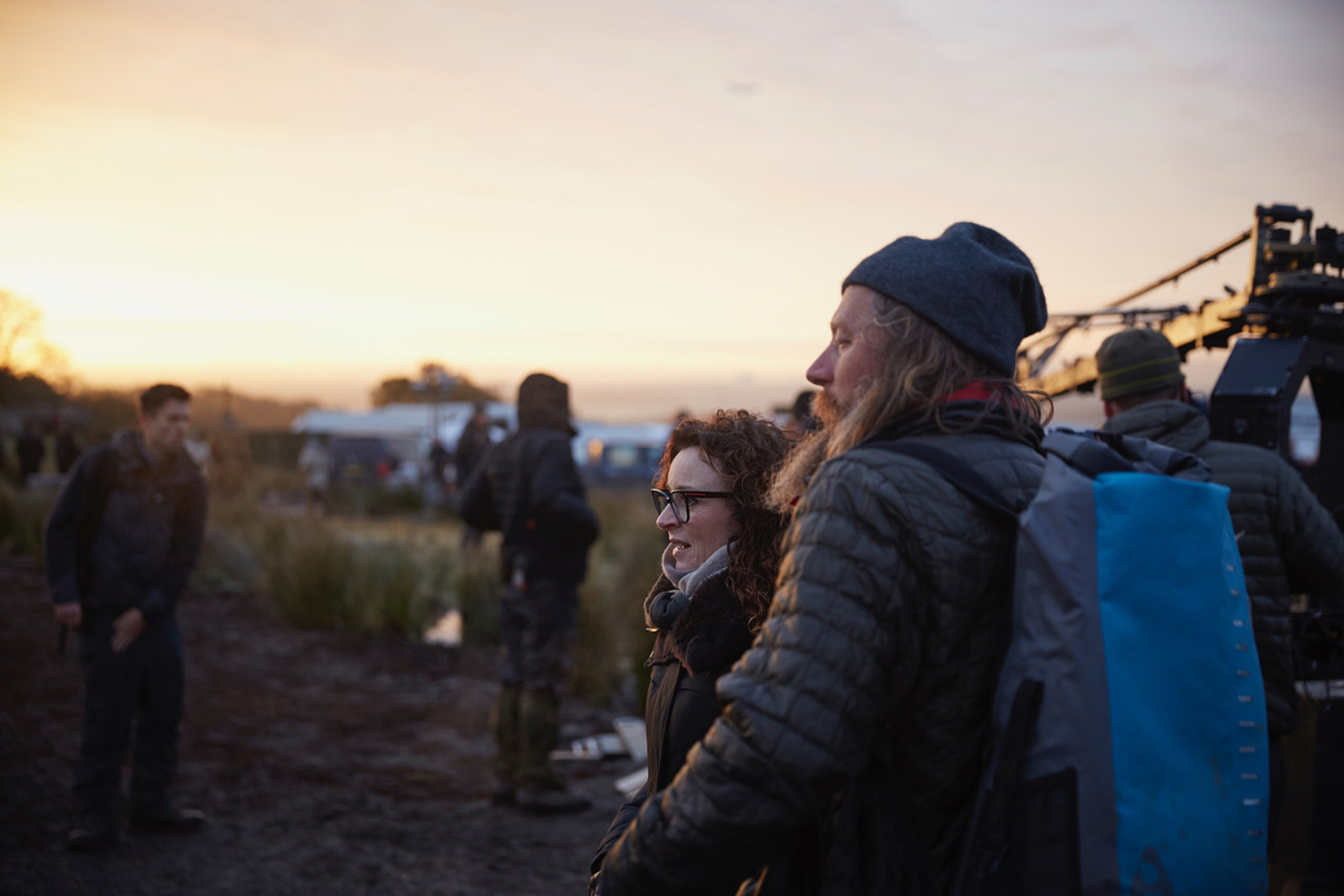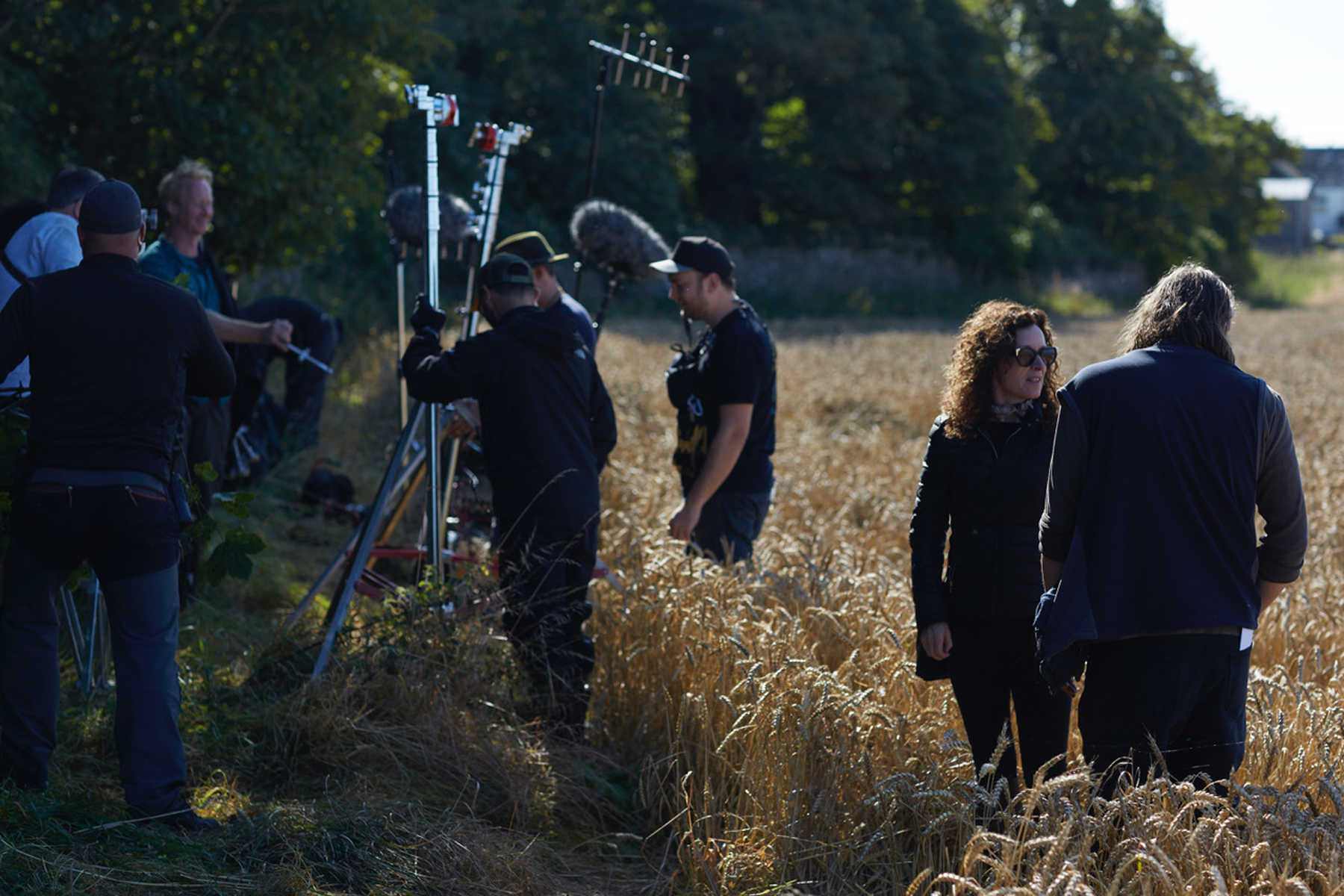
- Industry
Gillian Berrie: Inventive Ways to Produce ‘Outlaw King’
“Outlaw King used meticulous planning, research, great story, historians; over the years of development we prepped 45 different versions of the shooting schedule – everything was watertight – but the budget was ballooning. I had to find a way to bring costs in,” says Gillian Berrie, the producer on Outlaw King who describes herself as a “wee woman” but proves gender and size have nothing to do with ingenuity and experience when it comes to bringing more bang to a budget. Which is precisely what she did in the battle-heavy film about the fight for Scottish Independence in the 14th century. “Going into finance, I had to be watertight and of course there are so many variables. This is a film that could have easily cost three times what it did. We found very economical ways of doing things that literally saved us 40, 50, 60 million.”
One of the ways to cut costs was knowledge-based. “Based on experience, I had learned the most expensive thing is to move the crew on a regular basis. You lose time and momentum and because you have to finish early, you have to move, you have to establish a base, accommodate everybody and nobody knows where they are going initially. It’s very energy, time and money consuming. On Outlaw King, I had been scouting and surveying locations for about five years. I suggested to the crew that we create a boundary line for 90% of the film locations that would all be within one hour of Glasgow so that people could go home at night. We worked within about a 40-mile radius which was easily accessible to all of our equipment – and it worked. At the end we had a couple of weeks of distant locations and putting that in place was probably about half the budget.”
The second of four girls who credits her tenacity to being raised without her father – her mother was a domestic science teacher who segued into work with special needs children- Gillian exhibits traits that many women utilize but that are often not attributed to the gender. Realizing that her size might impede her when starting out in a trade that requires physicality, the woman who founded Film City Glasgow, as well as the United Kingdom’s only intensive mentor-led summer school to fast-track youngsters into the film industry, Berrie asked for opportunities, took work in departments she might not be ideal for, trusting that she had the skill to figure out the things she didn’t know, in the process. That and hard work made her a stand-out that led to director David Mackenzie (Hell or High Water) teaming up with her to start their own production company, Sigma Films.

Also going against type in terms of gender stereotyping, the producer laughs a little sheepishly when confessing, “I have found myself producing a number of violent, testosterone-filled films. (Dogville, Starred Up as well as Outlaw King) but I find them interesting because of the vulnerability of the characters. In the case of Robert the Bruce (portrayed by Chris Pine) I wondered, “how the second wealthiest man in the UK – he had councils, land and was given a beautiful wife, he had a wonderful family – was willing to sacrifice everything in order to do what he thought was right for his country. There is a lot of vulnerability in there. It doesn’t matter how much blood and violence and testosterone there is to mask it, the vulnerability is still there, and I find that interesting.”
As we finish our conversation, she reflects on the traits that have proven effective in obtaining her standing in the field. “It’s a tough old world out there.” She lets the sentence hang. “My sisters showed me my path. Determination and the need for survival. I’m a very small woman. When starting out, I’d imagine myself wearing armor as my entire career has been pushing and questioning men on a regular basis. When I was in my early 20s, and it felt like the industry was this impossible impenetrable bubble, you wish you were taller, older, or whatever it was going to take to penetrate and become part of the real industry. I would see men doing the same things as me, and I had to find something that would make me competitive.”
She also utilized the skills she had to leverage herself into positions that allowed her to build on that knowledge while expanding her universe. To that end, she adds this wisdom. “Experience, it doesn’t matter what it is on, even if it’s a student film, do whatever you can, and go above and beyond to prove your ability, and grit your teeth and do not give up. I’m a firm believer that if you want something badly enough and you’re prepared to put in the time and effort, you will get there in the end. Follow your dream and don’t give up, and give it everything you can, because if you find the thing you like to do, it’s a blessing. I consider myself blessed for being able to do the things that I want to do.”
